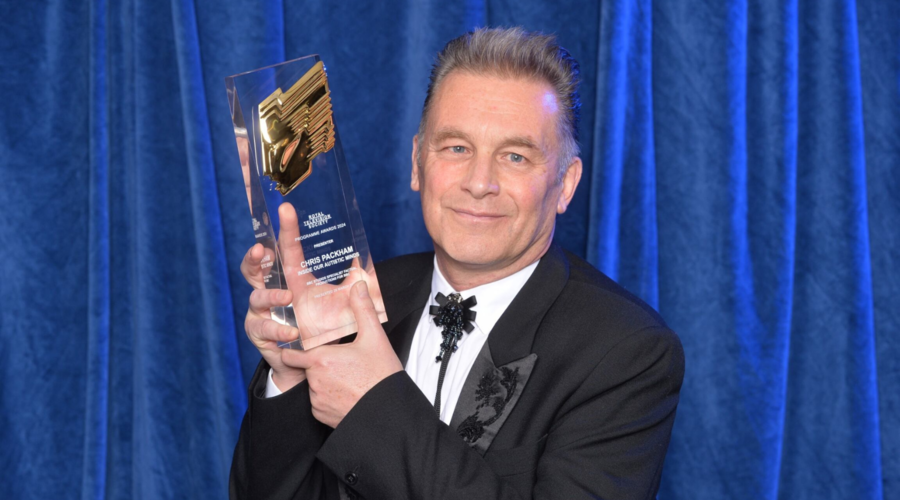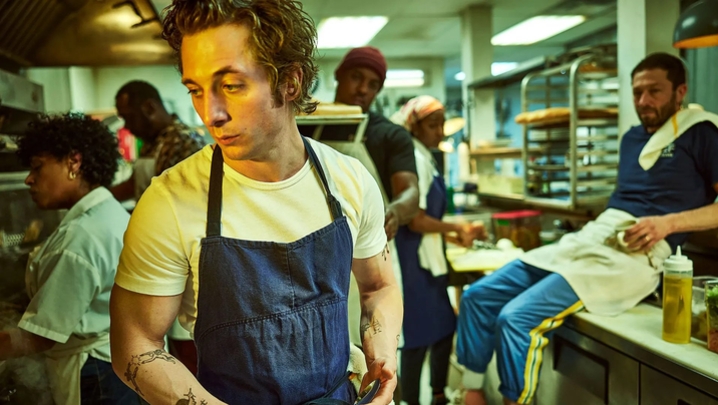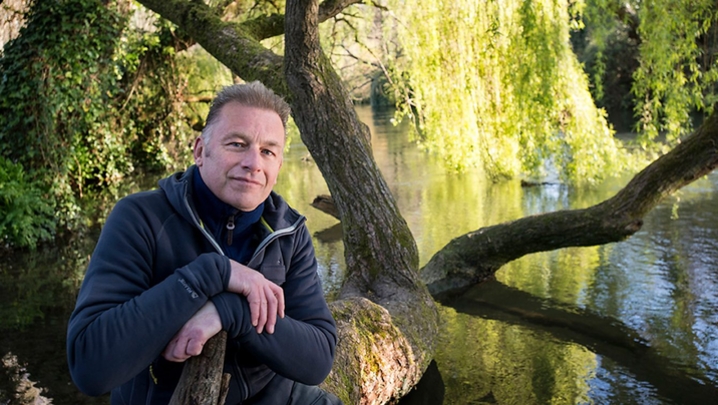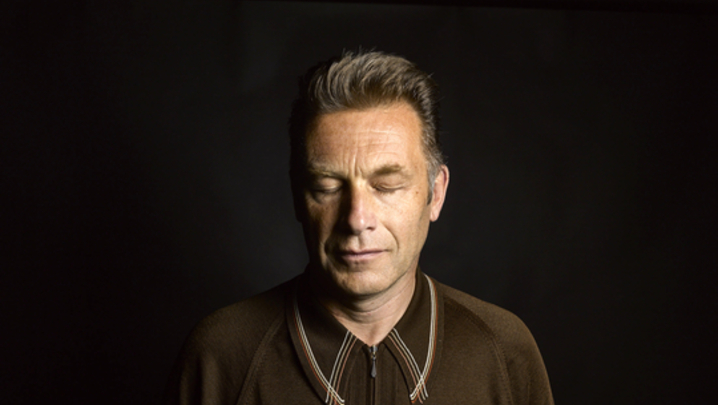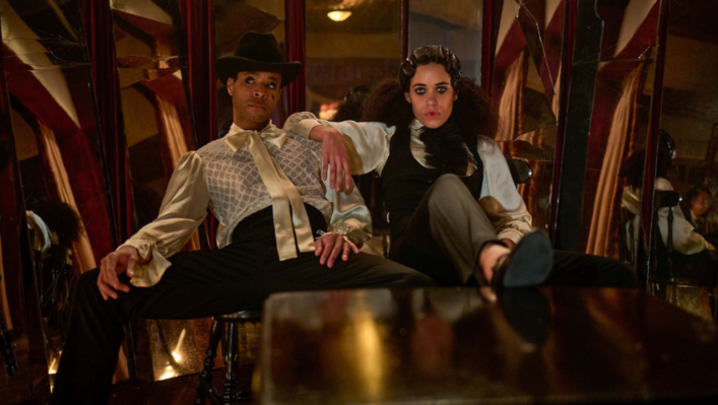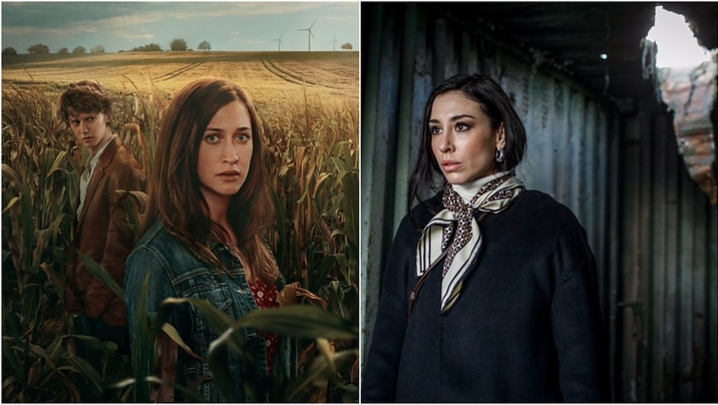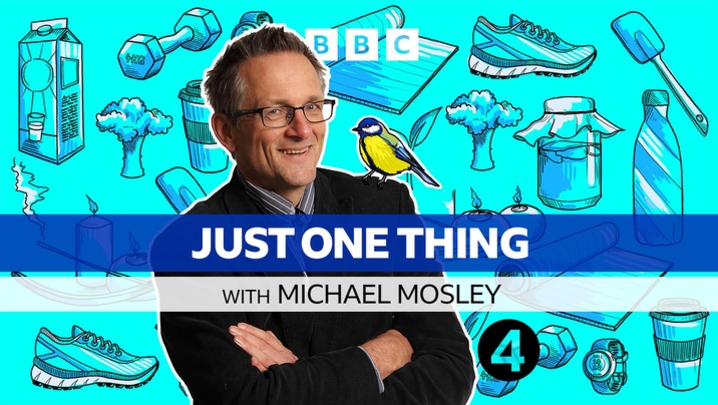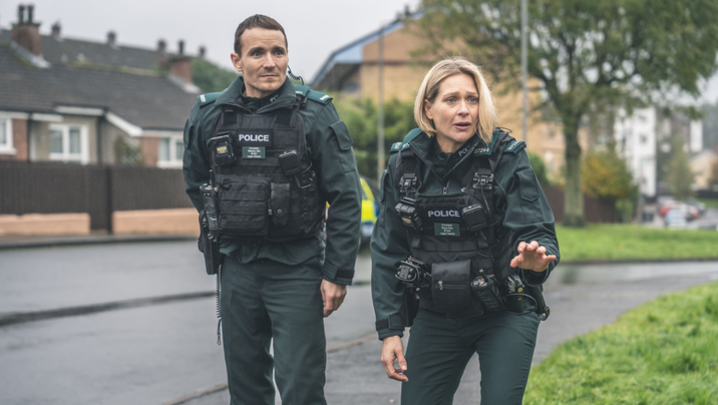When I met with Chris Packham before the RTS Programme Awards, he knew that his journey to the ceremony would be interrupted.
“I will be stopped at the station, on the train and getting off the train, and I guarantee you that nine out of 10 people will speak about [Inside Our Autistic Minds], and it's been like that since it went out.”
For the two-part documentary, Packham met with four autistic adults as they created short films to try and share the reality of their daily lives with their closest family and friends.
Packham frequently hears from viewers, from health care professionals who use it for teaching and training, to people who say the programme helped them get a diagnosis or seek one for their child. Despite these regular interactions, Packham maintains that he is “not Chris Packham’s greatest fan,” and his RTS award win for presenting the programme was not something he entirely expected – especially when he has personally watched one of the other contenders, Planet Earth III, three times.
“There are plenty of reasons why I could be doing better than I am… so I'm very flattered that other people have thought my work worthy of nomination, because I would never think that myself.”
After Packham revealed his personal experience with Asperger’s in his 2017 documentary Asperger’s and Me, he felt he had only showed just that - his personal experience. After all, as he reminds us, “when you've met one autistic person, you've met one autistic person.” Packham was keen to show a broader range of the spectrum, and Inside Our Autistic Minds is the result.
Finding four contributors “confident enough to tell us the frank, candid truth about their condition” was quite a difficult ask. Then, midway through the casting process, Covid struck. Although initially frustrating, it turned out to be a positive, “it allowed us the time to look even more carefully for those participants and get to know them before we started filming.”
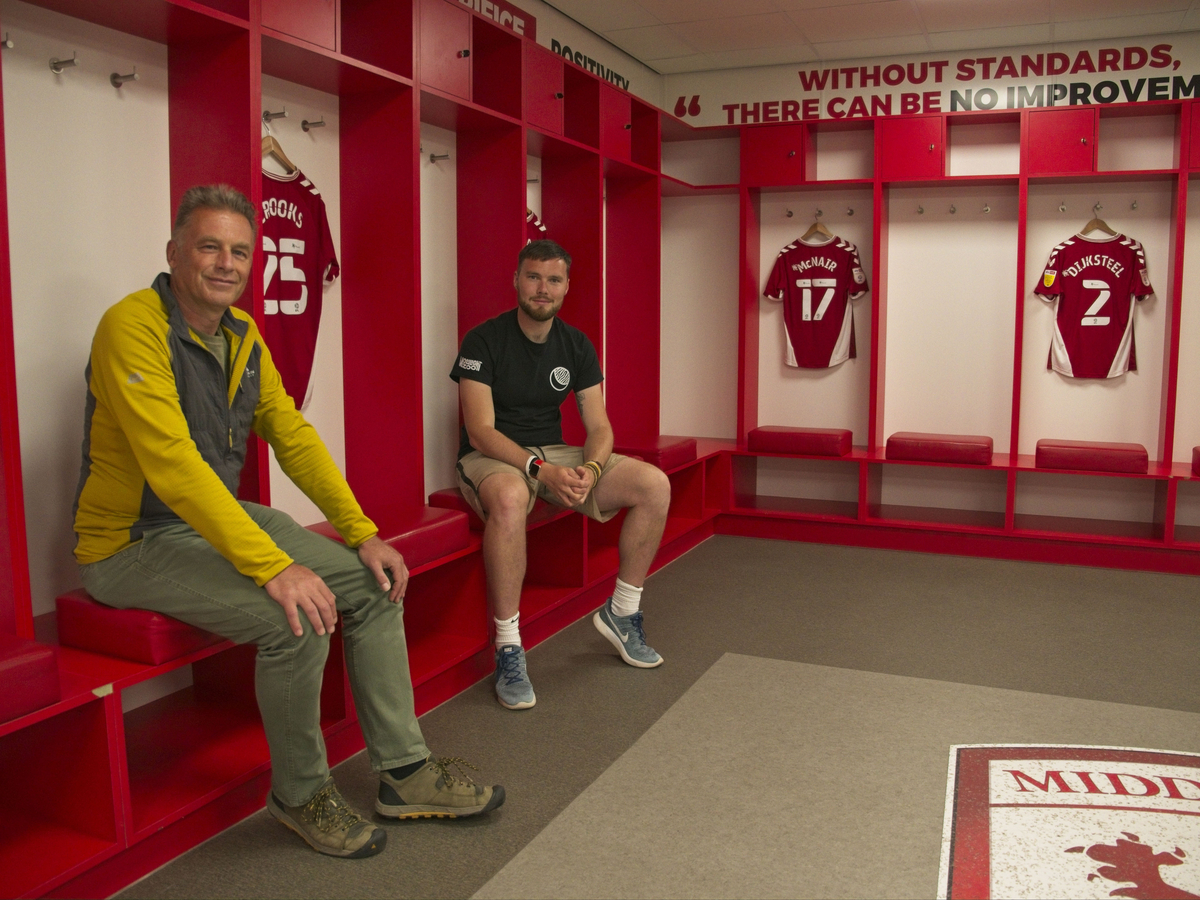
(Credit: BBC / Andrew Dishman)
Whilst the cast and crew got to know each other over a number of months, as opposed to the number of days or weeks that would usually be allocated to the making of a TV show, Packham felt it would be more authentic for his own first meetings to happen on camera. Across the two episodes, Packham introduces himself to Flo, an improv comedian, Murray, the nob-verbal son of radio DJ Ken Bruce, a Middlesbrough FC fan named Anton, and a 19-year-old aspiring rapper called Ethan.
Although many off-camera chats took place about all the facets of autism, Flo, Murray, Anton and Ethan each chose a different one to explain through film to their family and friends. When asked how he felt about his interviewer role — or ‘facilitator’ role, as Packham prefers to call it — he says the conversations were “refreshing” for both himself and his interviewees.
With Flo in particular, he describes the freedom of being able to skip the small talk. “Why would we bother putting each other through that! We don't need to mask with one another…” At this point in our conversation, we both recall that we had gone through the formalities of a very British chat about the weather at the beginning of our meeting, and Packham calls back to its specifics: “we don't need to have conversations about spring and the weather and the fact that it hasn't rained, and the dogs, and mud.”
Packham also felt that “being a neurodiverse person probably gave [the contributors] the confidence to have that conversation with me. It’s easier to talk about something where someone shares your experience or your view or your opinion, isn't it?”
At the end of each episode, the contributors showed their short films to their family and friends, giving them a unique — and for some, their first — opportunity to invite others into their internal world. Although they were involved at every stage of the process, the film-makers had not seen the “final polish”, and their nearest and dearest were completely in the dark.
Packham describes the moment they debuted the films as “joyous… to be quite honest.” Murray, having been non-verbal his entire life, was able to explain the richness non-verbal people can bring into speaking people’s lives, through a voice actor he chose. Through his text-to-speech device, Murray said: “I am happy that the world can see the real me.”
Inside Our Autistic Minds made sure to hire neurodiverse people behind the camera, in all aspects of their production team. “That proved really advantageous. It built confidence and valued empowerment. Being a part of that team […] was an enormous privilege.”
In general, Packham believes the BBC are doing a “really good job when it comes to inclusivity.” The RTS Craft and Design Awards 2023 honoured the BBC show Ralph & Katie, which featured DDN (disabled, deaf, neurodivergent) talent in all aspects of production, with jurors saying it “created a workplace that supported a range of different accessibility needs.” Packham agrees this is something he’s beginning to see more of, and in the last year he’s been attending and speaking at private BBC events on how they can be more inclusive. “I can see the programme when they invite me to take part, and they talk about all aspects of diversity.”
Packham’s neurodiverse team were also able to rewrite much of the “TV faff that we necessarily produce as part of our business”, such as contributor forms.
“We don’t like forms; we’re intimidated by them. They’re quite… I don’t know, threatening. We made them really simple to understand.” These accessible forms are now available to be used by anyone working in the BBC and UK media.
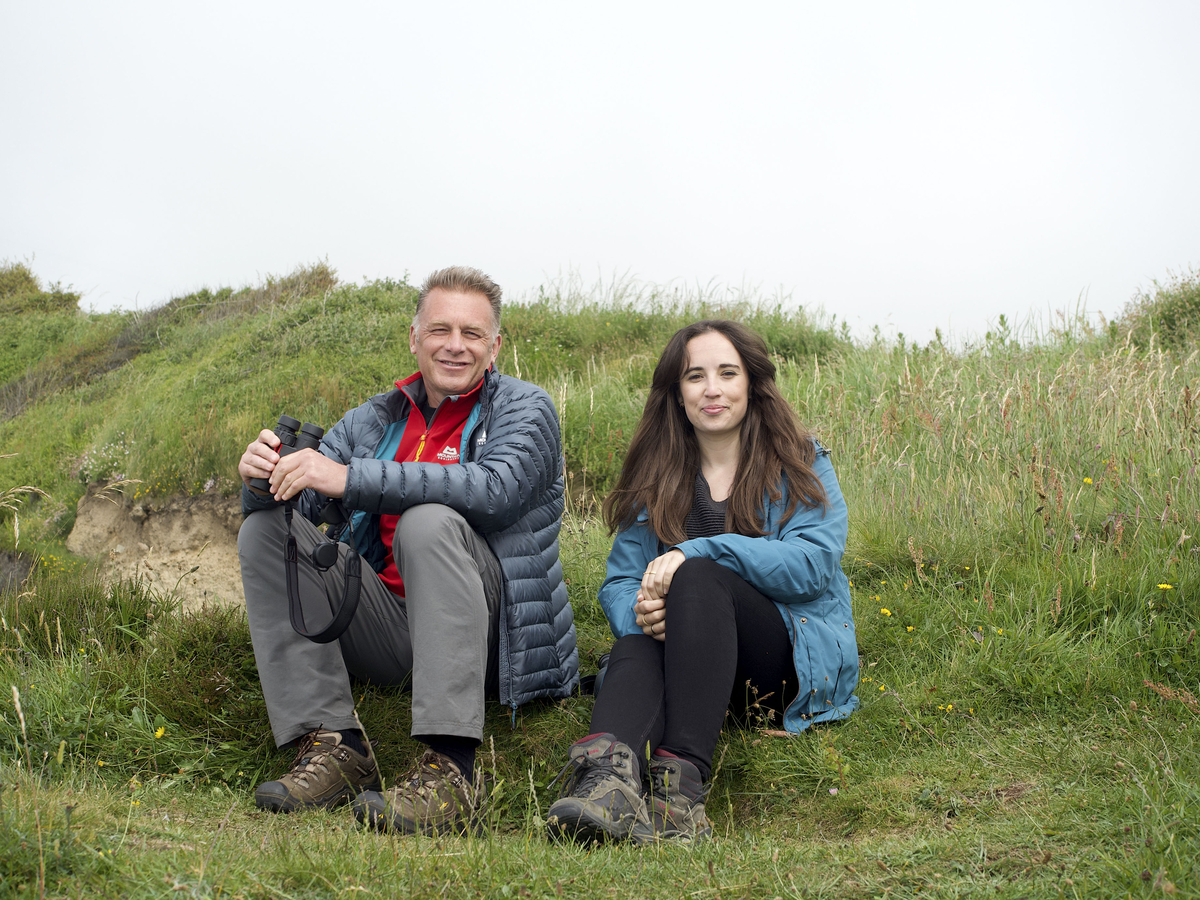
(Credit: BBC NHU/Jack Tunnicliffe)
Packham’s next project, Inside Our Minds, will explore ADHD and dyslexia. Although Packham believes progress has been made in understanding autism since he “was the age of our contributors”, there is room for more understanding with dyslexia and ADHD. Packham’s step-daughter and fellow nature expert Megan McCubbin is “severely dyslexic,” and he remembers a time when people with dyslexia were simply called ‘word blind’ and popped into the bottom set at school. He sees ADHD as being typecast as hyperactive young males, and wants to show a different side to it which isn’t just overactive boys with a lack of focus.
With self-diagnosis on the rise, Packham feels it is a positive and negative thing. To explain, he draws on a classic example of considering the autism spectrum like a rainbow: “the colours of the rainbow aren’t the end of the spectrum! Because, off that, you've got ultraviolet light, and you've got infrared light. It's not part of our visual spectrum, but it's part of the spectrum.
“We've got to think that there are people who have traits that one would associate with autism, but they may not be in a position where they can be diagnosed.”
Packham argues that when these traits are “pronounced and focused” they would present issues for that person in their day to day life, despite being unable to get a diagnosis. “I'm not saying they should identify as autistic, but I don’t have a problem with them saying: ‘I have some of those traits’.
“Managing those and understanding them and asking for support to overcome the disabling aspects of them, looking at how to grow the enabling aspects of the mind - that has to be a good thing.”
Looking towards the future, Packham hopes for more improvement to be made in public spaces, like autistic friendly screenings in cinemas and autism hour in supermarkets (“where they don’t have all the lights on, and turn the bloody music off”). But also for autistic people to take more of these opportunities: “to say, ‘I am autistic and I would like to take advantage of that offer you made, because it means I can go to the cinema’.”
Sometimes diagnosis is what can give people the confidence to put themselves out there, and sometimes it’s documentaries like Packham’s that let the autistic community know their lived experience is fine how it is, and will be accepted by family and friends.
Chris Packham won the Presenter category, while Inside Our Autistic Minds was nominated in the Science and the Natural World category, at the RTS Programme Awards 2024. The two-part series is available on BBC iPlayer.

